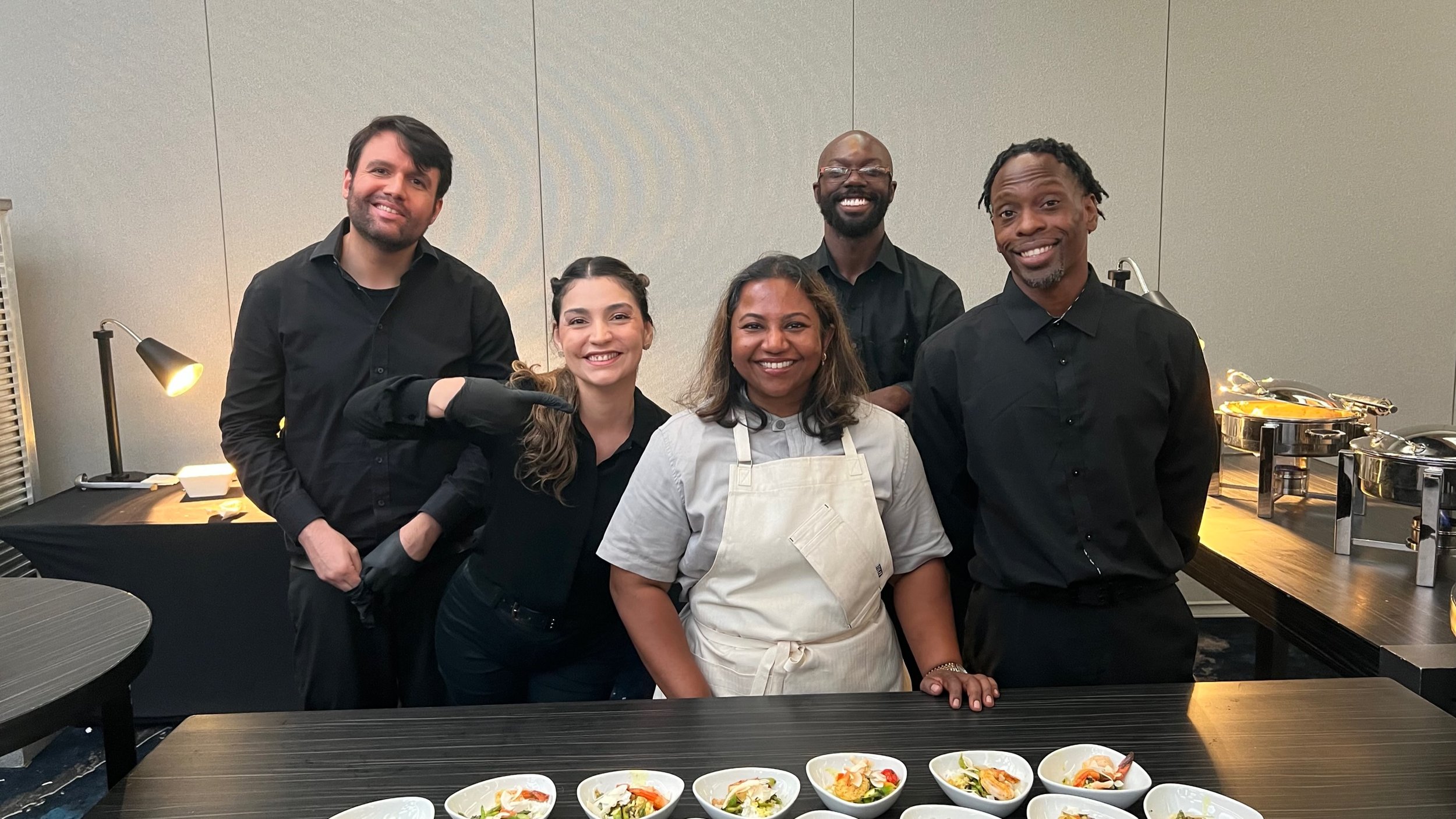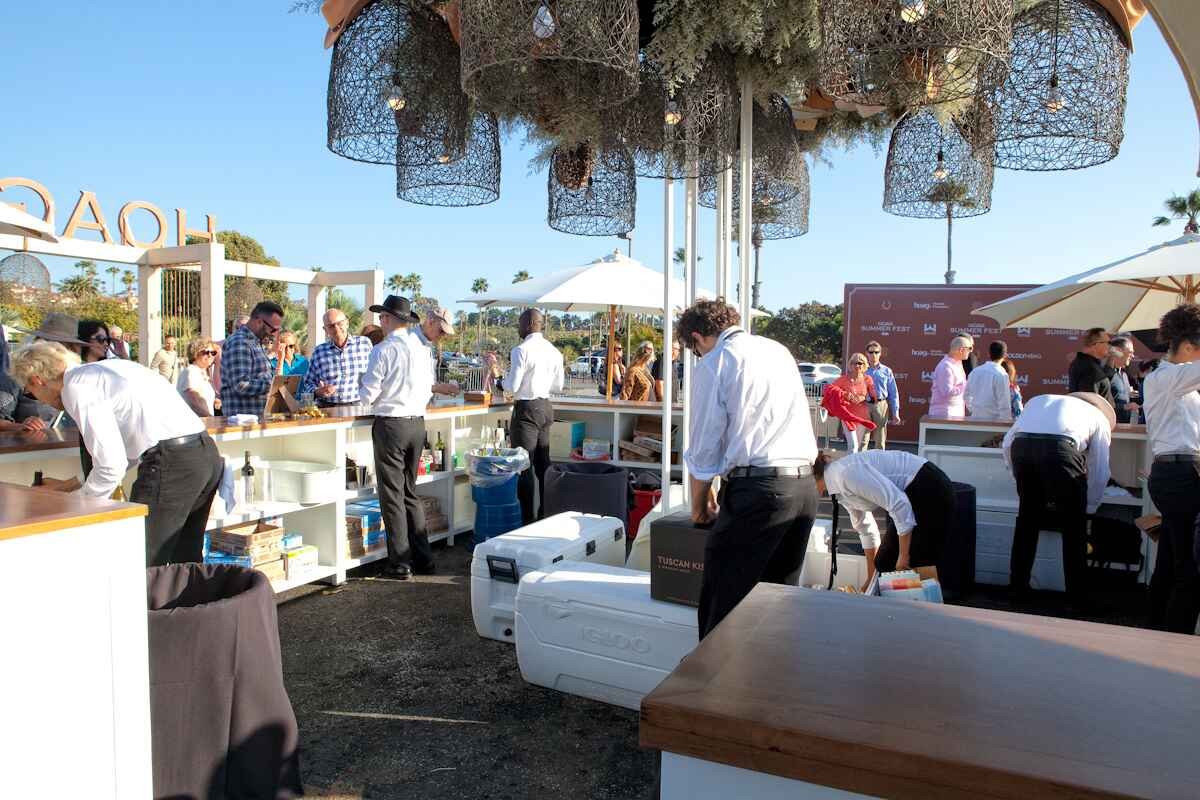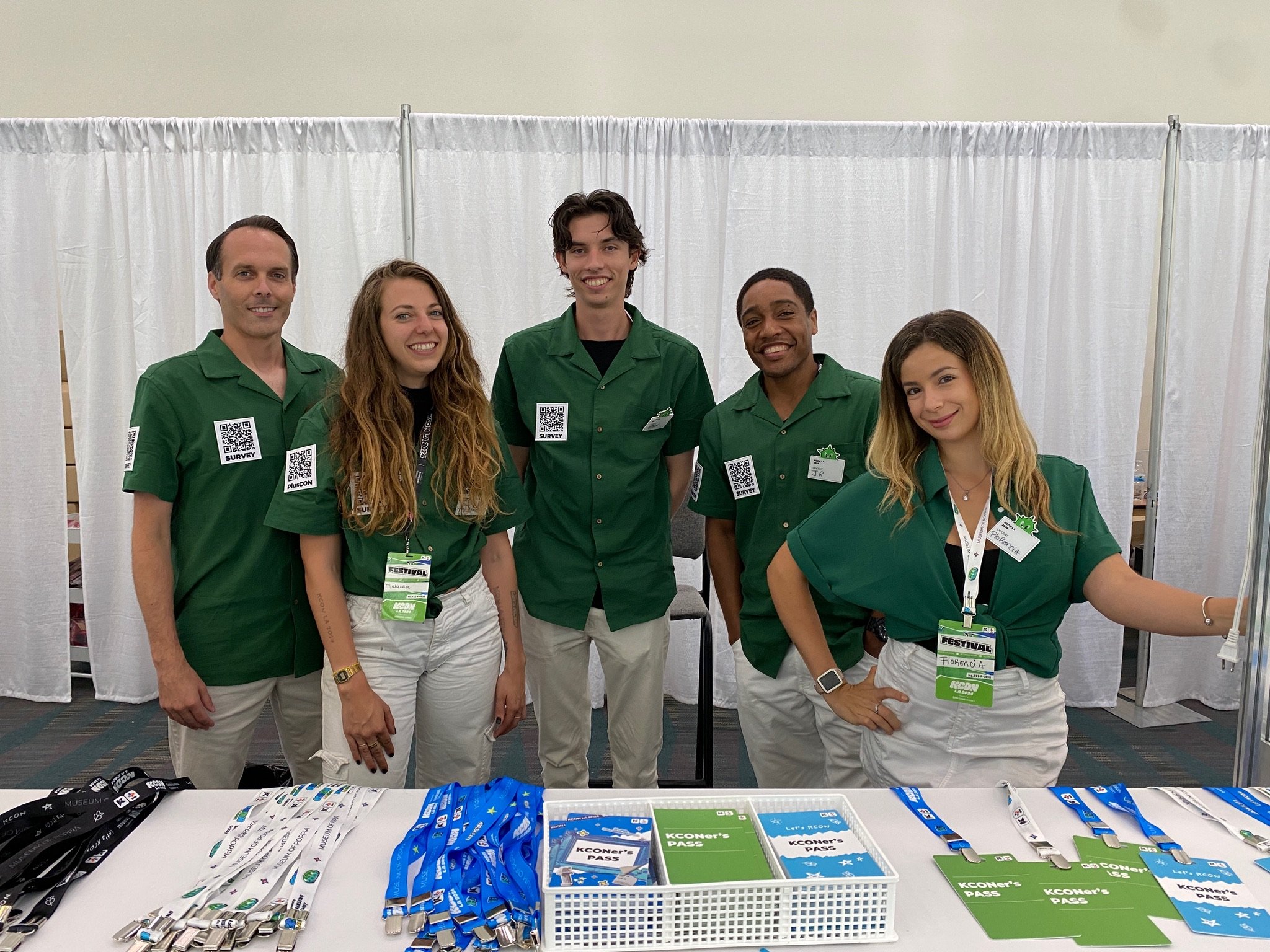How to Find and Hire Temporary Event Staff
When it comes to planning a successful event, one of the most critical decisions you'll make is choosing the right staff. Finding and hiring the best temporary event staff can be a daunting task, but it doesn't have to be. The key is to start by selecting the right staffing agency. In fact, 99% of the time, the decision-makers in event planning are looking for the perfect balance between cost-effectiveness and quality—seeking out the cheapest option that still offers an outstanding staffing pool and top-notch coordinators. Here's how to ensure you're making the best choice.
1. Finding the Right Staffing Agency
Research Thoroughly: Start by compiling a list of potential staffing agencies in your area. Use online reviews, testimonials, and case studies to assess their reputation and performance history.
Compare Rates and Services: Request quotes from several agencies, but don’t just look at the price. Compare the services included in the rates—such as staff training, on-site management, and post-event follow-up.
Conduct Interviews: Schedule meetings with the top agencies to discuss your specific event needs. Ask about their staffing process, how they handle last-minute changes, and the type of talent they provide.
Request References: Ask the agency for references from past clients, particularly those who have hosted events similar in size and scope to yours. Contact these references to get first-hand feedback.
2. Ensure Proper Event Staff Compliance
Clarify Inclusions: Ensure that the agency’s quote includes all administrative costs like insurance, workers’ compensation, and payroll taxes. Get a detailed breakdown of what the agency handles versus what you may need to manage.
Confirm Compliance: Ask the agency how they ensure compliance with local labor laws and regulations. This should include a review of their contracts and their process for managing payroll and benefits for temporary staff.
Verify Insurance Coverage: Request proof of insurance from the agency and ensure it covers all potential liabilities. This will protect you from unexpected legal issues related to staffing.
3. Staff Coordination and Logistics
Discuss Logistics Early: During your initial meeting with the agency, discuss the logistics of your event in detail. This includes staff arrival times, transportation needs, on-site roles, and contingency plans.
Create a Communication Plan: Establish a clear communication protocol between you, the agency, and the event staff. Decide on primary contacts, communication tools (like Slack or WhatsApp), and reporting structures.
Use Technology: Ask if the agency uses any software or apps for staff scheduling and coordination. If they do, familiarize yourself with these tools to track real-time updates and manage logistics efficiently.
4. Access to a Pre-Vetted, Experienced Talent Pool
Define Your Needs: Clearly outline the skills and experience required for your event’s roles. Share this information with the agency so they can match you with the most suitable candidates.
Request Portfolios: For roles that require specific expertise (e.g., bartenders or brand ambassadors), ask for staff portfolios or profiles that highlight their experience in similar events.
Conduct Brief Interviews: If your event requires high-level roles, consider conducting brief interviews with the agency’s proposed staff. This ensures they align with your event’s culture and expectations.
5. Set a Game Plan for the Event
Delegate Effectively: Identify which tasks can be delegated to the staffing agency, such as staff onboarding, role assignments, and problem-solving. Leave these details to the experts so you can focus on higher-level planning.
Set Expectations: Clearly communicate your overall vision and goals to the agency. Make sure they understand the event’s purpose, key messages, and the desired guest experience.
Schedule Check-Ins: Set regular check-in meetings with the agency to review progress and address any emerging issues, but avoid micromanaging day-to-day operations.
6. Mitigate Risks and Ensure Staff Professionalism
Establish Contingency Plans: Work with the agency to create backup plans for potential issues like no-shows or staff underperformance. This should include having extra staff on standby.
Outline Professional Standards: Communicate your expectations for professionalism to the agency, including dress code, behavior, and interaction with guests. Ensure these standards are passed on to the event staff.
Monitor Performance: During the event, assign someone from your team to monitor staff performance. If any issues arise, have a protocol in place for immediate resolution with the agency.
7. Event Staff Cost-Efficiency and Value
Calculate Total Costs: When comparing agency rates, consider the total cost of staffing, including any hidden fees or potential savings from reduced administrative burdens. Factor in the cost of your time and the risk of managing staff independently.
Evaluate ROI: Assess the return on investment (ROI) by comparing the quality of the staff and the service you receive against the cost. Quality staff can significantly enhance the guest experience, leading to positive feedback and repeat business.
Negotiate Contracts: Don’t be afraid to negotiate with the agency. You may be able to secure better rates or additional services, especially if you’re planning multiple events or a long-term partnership.
Conclusion
By following these actionable steps, event planners can navigate the process of finding and hiring temporary event staff more effectively. Remember, the key to success lies in choosing the right staffing agency—one that offers a balance of cost-efficiency, high-quality staff, and expert coordination. By taking a proactive approach and working closely with your chosen agency, you’ll ensure your event is staffed by professionals who contribute to a seamless and memorable experience.





